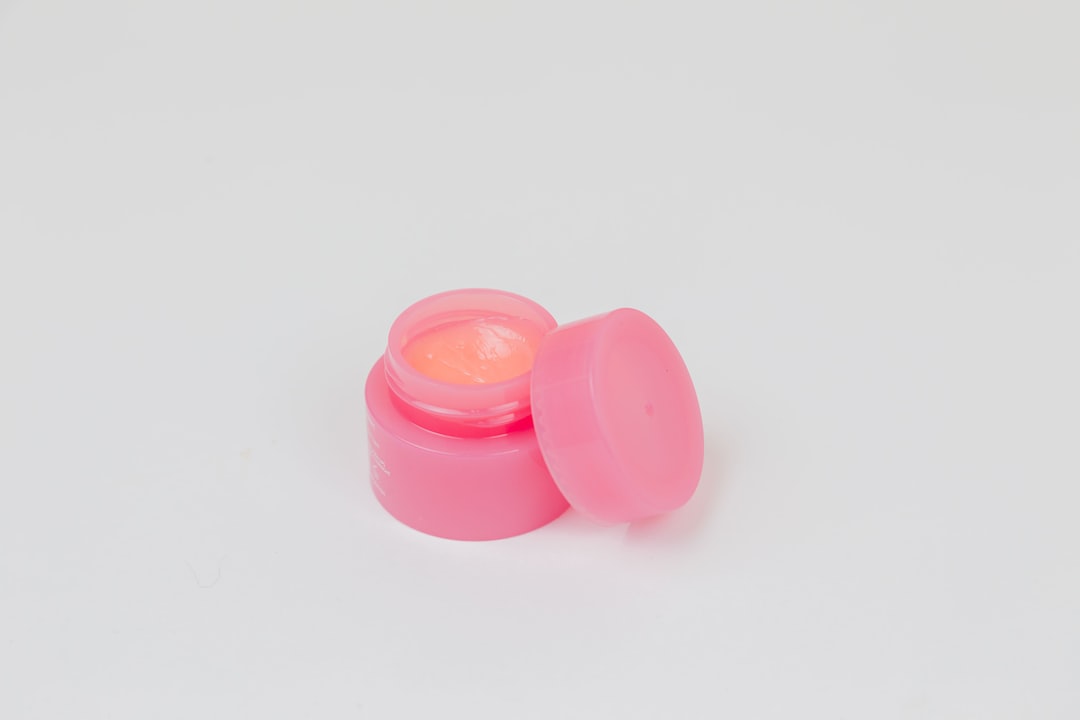The Importance of Sunscreen and How to Choose the Best One for Your Skin
The sun is a powerful force that provides warmth, light, and nutrients to our planet. However, too much exposure to the sun’s ultraviolet (UV) rays can have detrimental effects on our skin. From sunburns and premature aging to an increased risk of skin cancer, it’s clear that protecting our skin from the sun is of utmost importance. One of the most effective ways to shield our skin from the harmful rays is by applying sunscreen. In this blog post, we will delve into the importance of sunscreen and provide tips on how to choose the best one for your skin.
First and foremost, sunscreen acts as a barrier between our skin and the sun. It is designed to prevent or reduce the absorption of UV rays into the skin. There are two types of UV rays that pose a threat to our skin: UVA and UVB. UVA rays penetrate deep into the skin and primarily contribute to premature aging, while UVB rays are responsible for sunburns. By using sunscreen, we can significantly reduce the risk of sunburns, skin cancer, and signs of aging, such as wrinkles and fine lines.
Now that we understand the importance of sunscreen let’s focus on how to choose the best one for your skin. With numerous options available in the market, it can be overwhelming to find the right product. So, here are some factors to consider while selecting sunscreen:
1. Sun Protection Factor (SPF): SPF is a measure of how well a sunscreen will protect your skin from UVB rays, the ones that cause sunburns. The higher the SPF, the more protection it offers. Experts recommend using a sunscreen with an SPF of at least 30, but for prolonged exposure to the sun, SPF 50 or higher is even better.
2. Broad Spectrum: Always opt for a broad-spectrum sunscreen that protects against both UVA and UVB rays. This ensures comprehensive protection from the sun’s harmful effects. Look for the words “broad spectrum” on the label to ensure you’re getting the right protection.
3. Water Resistance: If you plan on swimming or engaging in any water-related activities, it’s crucial to choose a water-resistant sunscreen. Water-resistant sunscreens are designed to provide protection even when exposed to water or sweat. Keep in mind that no sunscreen is entirely waterproof, so reapplication is necessary after swimming or excessive sweating.
4. Skin Type: Consider your skin type when selecting a sunscreen. If you have oily skin, opt for oil-free or gel-based sunscreens that don’t clog your pores. If your skin is dry, choose a sunscreen with hydrating properties. For sensitive skin, look for formulas that are free of fragrances and dyes.
5. Application and Texture: Consider the application and texture of the sunscreen. Some sunscreens come in lotions, creams, gels, or sprays. Choose one that you find easy to apply and that does not leave a greasy residue on your skin.
6. Expiration Date: Like any other skincare product, sunscreen has a shelf life. Check the expiration date before purchasing and avoid using expired sunscreens as they may lose their effectiveness.
In addition to choosing the right sunscreen, it’s important to know how to apply it effectively. Here are some tips for proper sunscreen application:
1. Apply sunscreen generously to all exposed areas of the skin, including the face, neck, arms, and legs. Don’t forget easily forgotten areas like the ears, back of the neck, and tops of the feet.
2. Apply sunscreen at least 15-30 minutes before sun exposure to allow it to fully activate.
3. Reapply sunscreen every two hours, or more frequently if you’re swimming or sweating excessively.
4. Don’t rely solely on sunscreen for sun protection. Seek shade whenever possible, wear protective clothing, including a wide-brimmed hat and sunglasses, and limit sun exposure, especially during peak hours when the sun is strongest.
In conclusion, using sunscreen is essential for protecting our skin from the harmful effects of the sun. By choosing a sunscreen with adequate SPF, broad-spectrum protection, and considering your skin type, you can ensure optimal sun protection. Remember to apply it generously and frequently to all exposed skin areas. So, don’t forget to incorporate sunscreen into your daily skincare routine and enjoy the outdoors with peace of mind. Stay safe and sun-protected!

